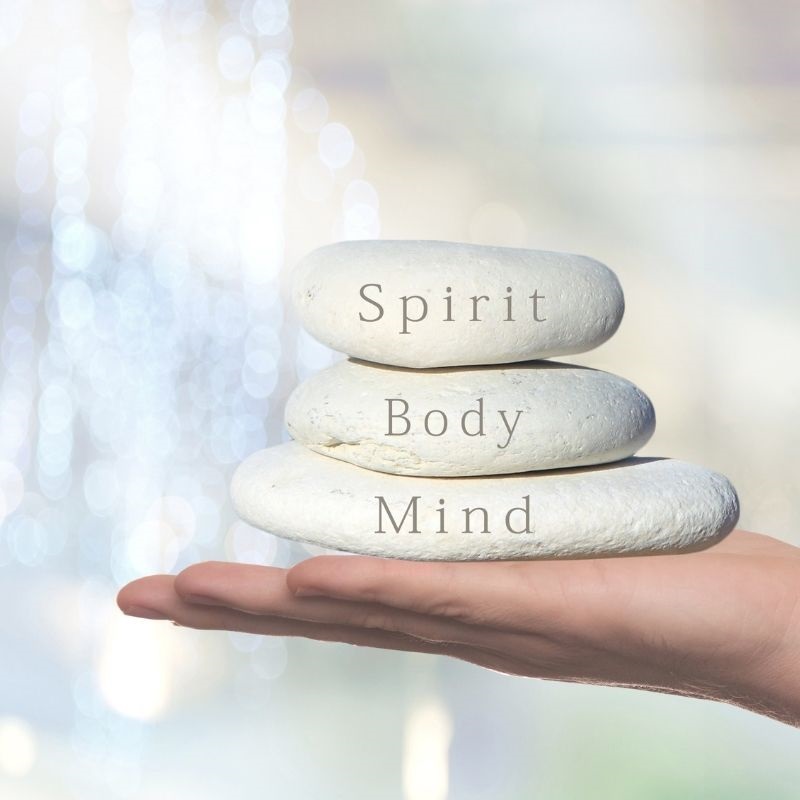 When you can practice stillness, you will be able to feel calmer. Being present in a serene and non-stimulating atmosphere is what it means to be still.
When you can practice stillness, you will be able to feel calmer. Being present in a serene and non-stimulating atmosphere is what it means to be still.
If you’re like the majority of people, you don’t take the time to experience true stillness regularly.
Most individuals are opposed to the concept of stillness for two reasons:
- They believe they don’t have time
- That they are addicted to distractions
- And that they do not want to be alone with their thoughts.
See Why You Should Practice Stillness:
1. A More Accurate Viewpoint.
You can get away from your negative thoughts by unplugging for a few minutes.
You can take a moment apart from your life and have a higher chance of recognizing reality.
As well you can break free from your mental routines and enjoy greater clarity.
2. Your Intuition is Audible.
You won’t be able to hear your intuition if you’re never still.
It may be shouting at you, but you are utterly unaware of what it is attempting to tell you.
If you regularly experience quietness, you will get wiser.
3. Reduced Stress.
When your mind takes a vacation from your hectic day, you feel less stressed.
Of course, this improves your sleep and physical and mental wellness.
4. Increases Self-Awareness.
 You can check in with yourself when you are still. You become more conscious of your thoughts, physical aches, pains, and emotions.
You can check in with yourself when you are still. You become more conscious of your thoughts, physical aches, pains, and emotions.
Instead of being consumed by your repetitive thoughts, you now have the time and perspective to become more self-aware.
Stillness has numerous advantages that can significantly improve the quality of your life.
You’re missing out on a lot if you’re never still.
If you never raise your head above the noise, it’s easy to miss all the possibilities and opportunities accessible to you.
Stillness takes time, but it is time well spent.
Stillness Can be Achieved in a Variety of Ways:
1. Meditate.
Meditation is the most apparent method of practicing stillness, yet it is far from the only one.
Meditation is a simple yet complex discipline to master.
Twenty minutes of meditation each day is an excellent approach to regularly practicing stillness.
2. Turn Off Your Electronic Gadgets.
 Turn off your computer, smartphone, TV, or other electronic gadgets for a few minutes.
Turn off your computer, smartphone, TV, or other electronic gadgets for a few minutes.
For a few minutes, gaze out the window, staring at the wall, or close your eyes.
Concentrate on what you see, or pay attention to your breathing.
Make an effort to limit your ideas to a minimum. Instead, concentrate on the information provided by your senses.
What are you seeing, hearing, smelling, and feeling?
Just a few minutes every hour can make a significant difference.
3. Spend T Outside in Nature.
Cut yourself off from other people and everything artificial. Get out there and interact with the trees, plants, and animals.
Enjoy your surroundings and give your brain a vacation for as long as possible.
4. Be Aware.
Mindfulness can be practiced anywhere and at any time.
You can be mindful when riding the subway or attending a business meeting.
Maintain your focus on what you’re doing and your surroundings.
How Stillness Has Changed My Life Video:
Reduce Stress When You Practice Stillness!
It is important to refrain from daydreaming, thinking about the past or the future, or focusing on anything else that is not immediately relevant to the acts you are performing at this moment.
A too-stimulating atmosphere can prevent you from experiencing complete calm, but it can also reduce the impact of the activities around you.
Schedule some stillness into your day daily. It’s that critical. You may assume you don’t have time for silence, yet this is the ultimate evidence that you do.
Be still for as much time as you can each day. Your life will be drastically altered.





